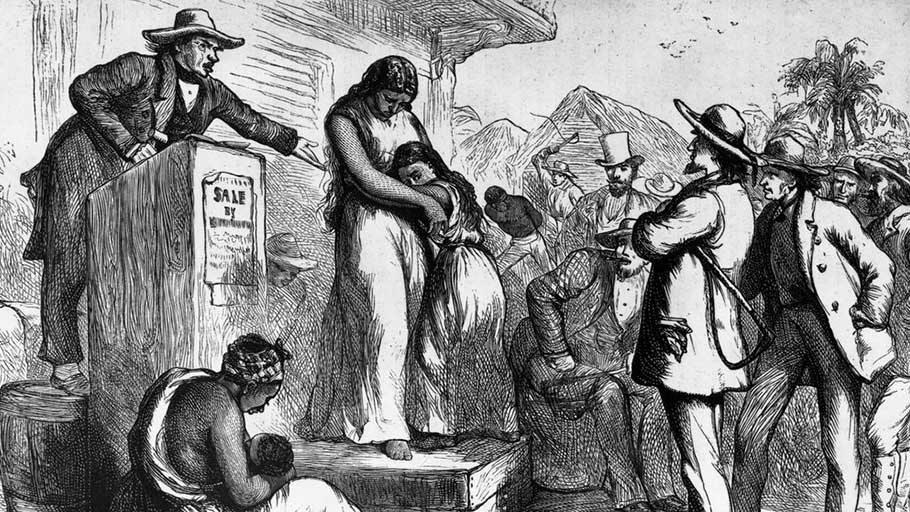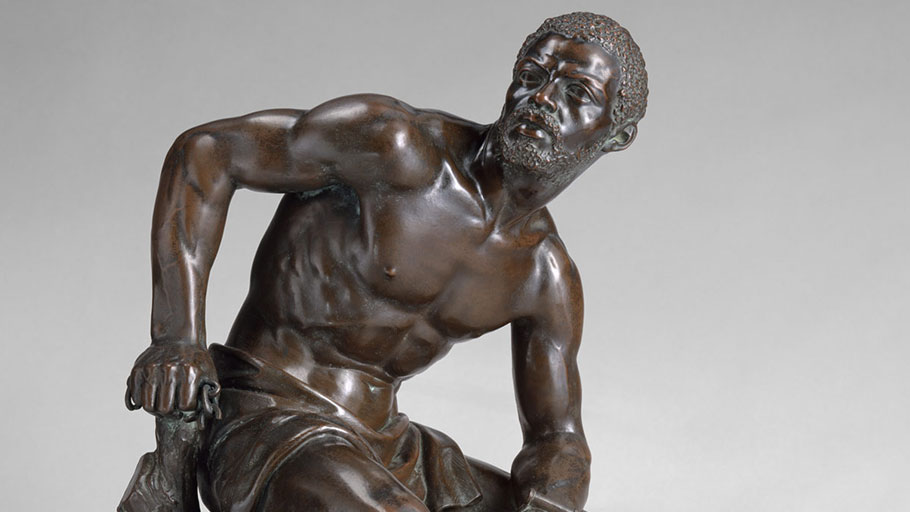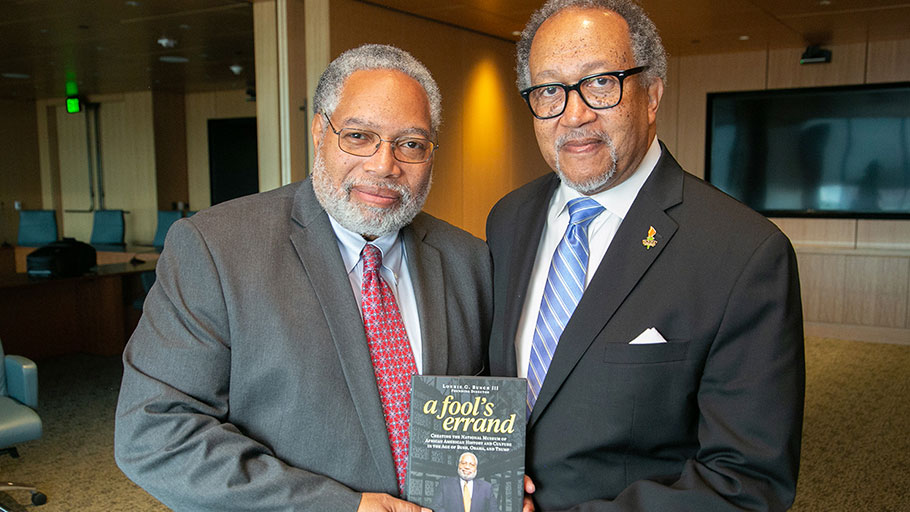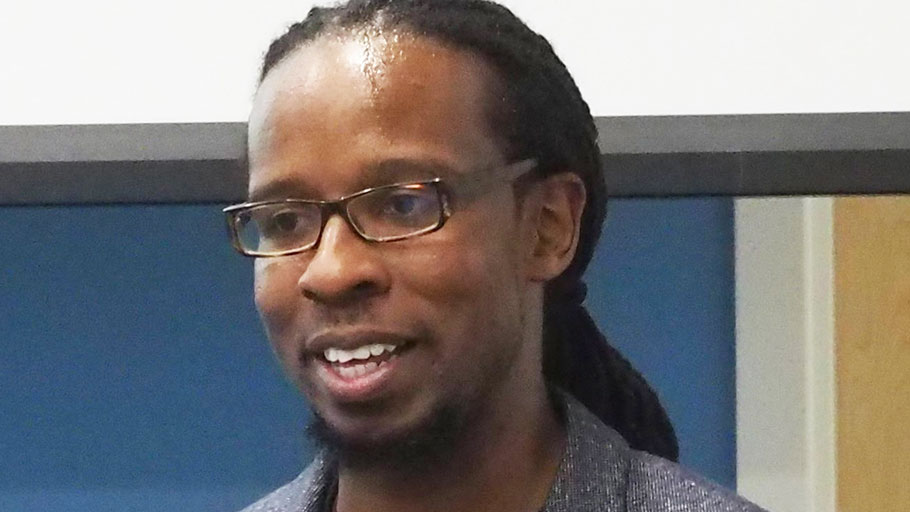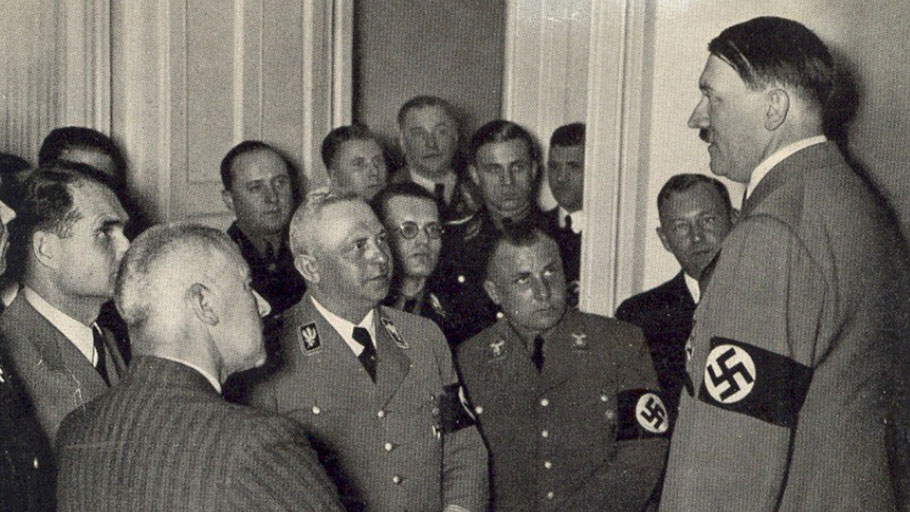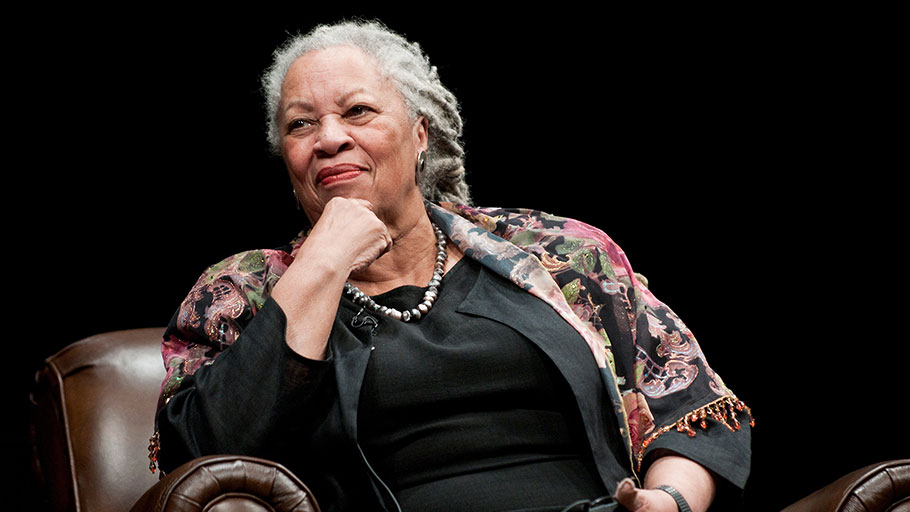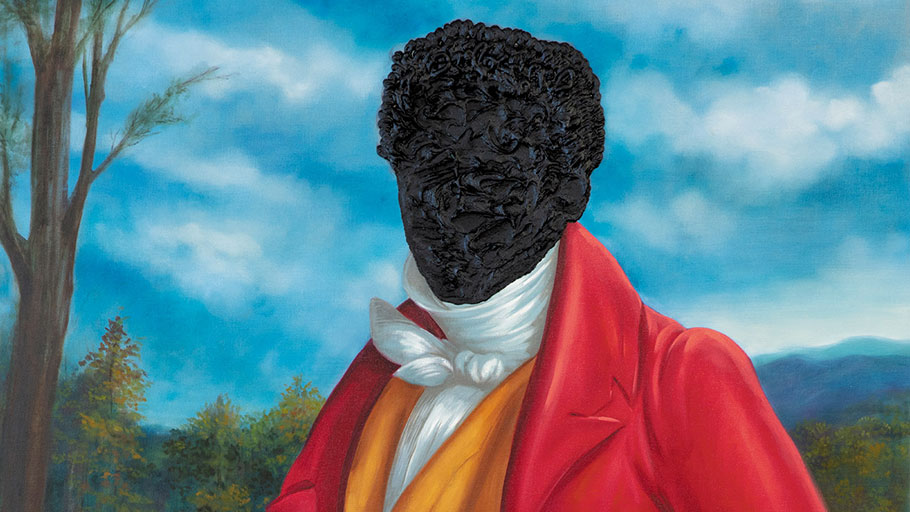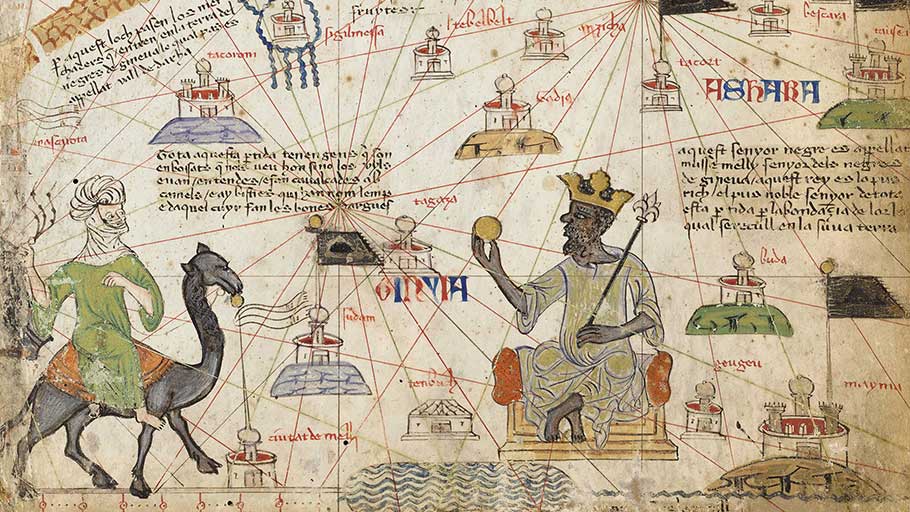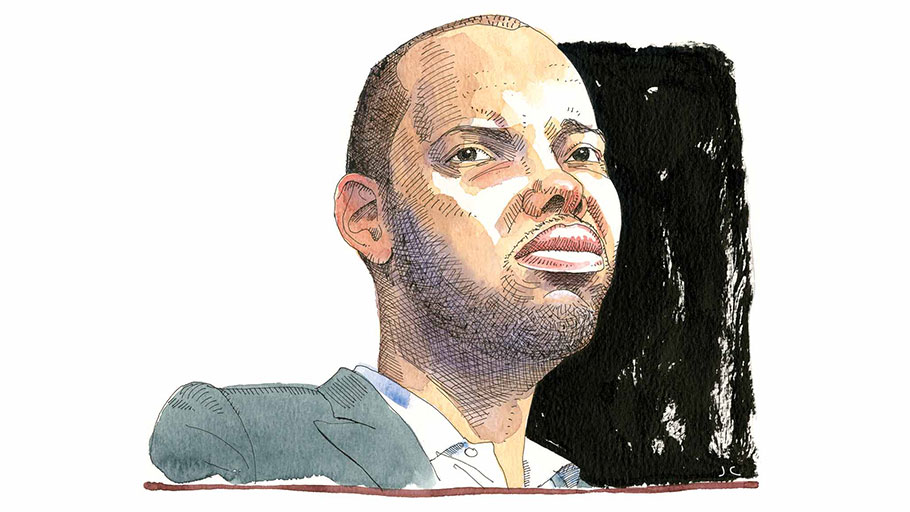
History has always been a weapon in the hands of Ta-Nehisi Coates. Now, in his debut novel, the social critic and essayist sets out to recover those struggles for emancipation that have been lost to the past. By Elias Rodriques, The Nation — American history has always been a weapon in the hands of Ta-Nehisi Coates. As a blogger and columnist for The Atlantic, he wielded it to chronicle the long…

